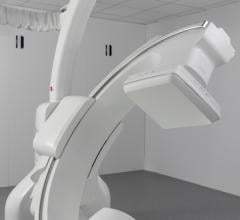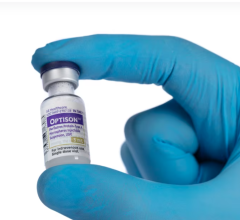February 8, 2010 – The U.S. Food and Drug Administration (FDA) issued guidance on Bayesian statistical methods in the design and analysis of medical device clinical trials that could result in less costly and more efficient patient studies.
The Bayesian statistical method applies an algorithm that makes it possible for companies to combine data collected in previous studies with data collected in a current trial. The combined data may provide sufficient justification for smaller or shorter clinical studies.
"This final guidance on the use of Bayesian statistics is consistent with the FDA's commitment to streamline clinical trials, when possible, in order to get safe and effective products to market faster," said FDA Commissioner Margaret A. Hamburg, M.D. "This is a terrific example of regulatory science in practice at FDA."
The FDA has substantial experience in the use of Bayesian statistical methods for the design and analysis of scientifically valid clinical studies. The FDA has approved a number of medical devices whose approval applications submitted to the FDA included clinical studies that used these statistical methods.
The final guidance, titled "Guidance for the Use of Bayesian Statistics in Medical Device Clinical Trials," describes use of Bayesian methods, design and analysis of medical device clinical trials, the benefits and difficulties with the Bayesian approach, and comparisons with standard statistical methods. The guidance also presents ideas for using Bayesian methods in post-market studies.
The final document reflects public input gathered in 2006 after release of a draft of the guidance.
Healthcare payers are also contemplating the role Bayesian methods could play in making coverage decisions. In a June 2009 public meeting, the Medicare Evidence Development and Coverage Advisory Committee encouraged Medicare policymakers to consider Bayesian approaches when reviewing trials or technology assessments during the national coverage analysis process.
The FDA document can be found at: http://fda.gov/FDAgov/MedicalDevices/DeviceRegulationandGuidance/Guidan… ocuments/ucm071072.htm?SSContributor=true
For more information: www.cms.gov, www.fda.gov


 February 13, 2026
February 13, 2026 









